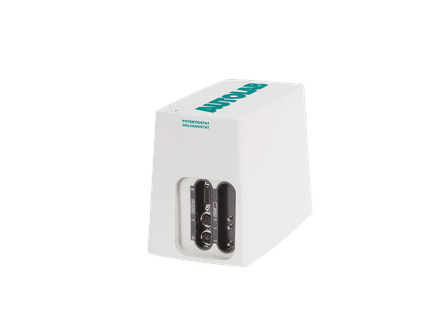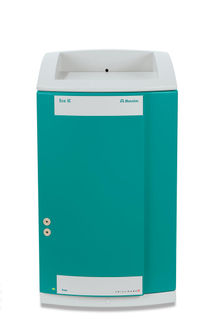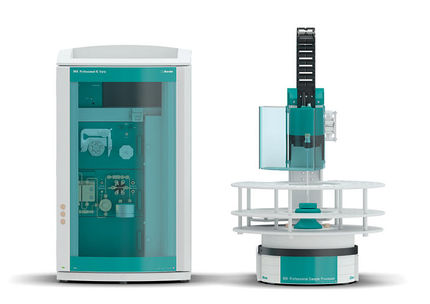To use all functions of this page, please activate cookies in your browser.
my.chemeurope.com
With an accout for my.chemeurope.com you can always see everything at a glance – and you can configure your own website and individual newsletter.
- My watch list
- My saved searches
- My saved topics
- My newsletter
Nocturnal post absorptive catabolism
Nocturnal post absorptive catabolism is the state of catabolism the body enters during sleep after all available dietary calories from previous meals are absorbed. The time it takes to enter this state vary based on factors like their metabolism, the last time they ate, the speed of the person's digestion and how simple the food is to digest. Product highlightThis is the cause of early morning training before breakfast as some believe the body is more likely to metabolize fat in this state, though it goes largely unproven. There is always some amount of muscle loss in any physical activity, especially in starved states. TreatmentMethods of lessening NPAC are eating low glycemic foods, eating before bed, eating directly upon waking, and in some cases, interrupting sleep to eat. All practises have their critics. Eating before bed increases blood supply to the stomach and digestive system. Some say eating before bed may interfere with the quality of sleep, as blood supply might be required in the limbs to increase regeneration and muscle synthesis (and that the amino acid pool might suffice for protein needs) or in the brain for dreaming. Eating upon waking is unusual as the mouth tends to be caked much as the eyes and may require adjustment to being awake to produce proper saliva. Interrupting sleep to eat, or just sleeping less, is probably the most criticized, as sleep is normally recommended to be uninterrupted. Rather than attempting to lessen or avoid NPAC, some deal with the catabolic issue by simply having the body enter a more intense anabolic state during waking hours to counter it. As sleep is the time when muscle synthesis and healing are at their prime, however, it is wise to deal with it at least partially to help idealize it. On the other hand, having an anabolic state throughout the day would require rebuilding the body's tissues during activity, which, while stressful, could cause more useful protein linkages, weeding out unneeded bonds, though it is hardly a risk as it is largely genetically regulated. |
||
| This article is licensed under the GNU Free Documentation License. It uses material from the Wikipedia article "Nocturnal_post_absorptive_catabolism". A list of authors is available in Wikipedia. |







